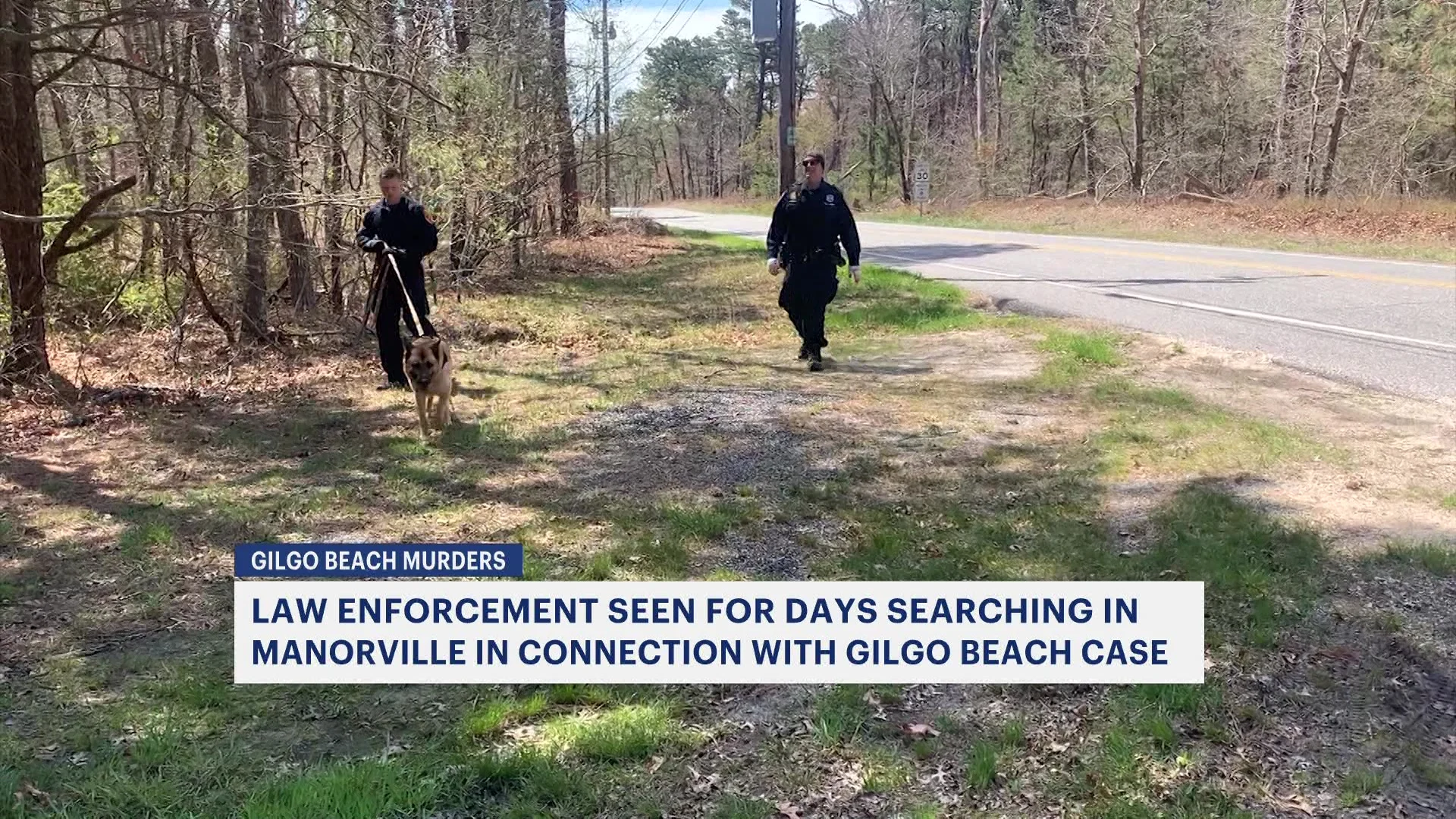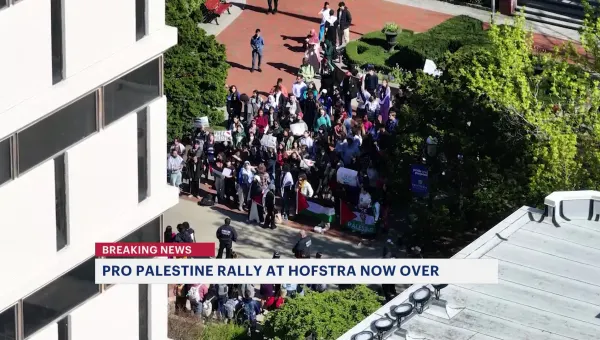KIYC: Anti-bullying laws should be better enforced or revised, victims say – Part 3
New Jersey’s anti-bullying law, often described as the toughest in the nation, is so specific that cases that seem like obvious bullying may not qualify, a Kane In Your Corner investigation finds.
News 12 Staff
•
Aug 29, 2019, 9:02 PM
•
Updated 1,701 days ago
Share:
More Stories
1:47

Food labels can sometimes be misleading. Kane In Your Corner explains what to look out for.
11ds ago1:47

KIYC: Do earthquakes pose a risk to the tri-state area infrastructure?
20ds ago2:02

Kane In Your Corner: Experts warn against counterfeit weight loss drugs
39ds ago2:09

Protect yourself when paying debit or credit. Here are 10 tips to prevent skimming fraud
53ds ago1:56

Kane In Your Corner: Picking a health proxy and why you need one
81ds ago3:02

'The truth needs to be told.' How a young officer helped take down one of the most corrupt departments in tri-state history
126ds ago1:47

Food labels can sometimes be misleading. Kane In Your Corner explains what to look out for.
11ds ago1:47

KIYC: Do earthquakes pose a risk to the tri-state area infrastructure?
20ds ago2:02

Kane In Your Corner: Experts warn against counterfeit weight loss drugs
39ds ago2:09

Protect yourself when paying debit or credit. Here are 10 tips to prevent skimming fraud
53ds ago1:56

Kane In Your Corner: Picking a health proxy and why you need one
81ds ago3:02

'The truth needs to be told.' How a young officer helped take down one of the most corrupt departments in tri-state history
126ds agoNew Jersey’s anti-bullying law, often described as the toughest in the nation, is so specific that cases that seem like obvious bullying may not qualify, a Kane In Your Corner investigation finds. Some advocates say that’s proof the law needs to be revised, while others say school districts just need to do a better job of interpreting it.
If there’s a child who has come to symbolize the issue of school bullying in New Jersey, it’s Mallory Grossman of Rockaway Township. Mallory was 12 when she committed suicide in June 2017. Her mother, Dianne Grossman, says that this final act followed months of bullying by classmates.
“They would pull her hair, kick her shoes in the hallway, roll their eyes, and not let her sit at lunch,” Grossman says. She says the classmates eventually escalated to putting hateful posts on social media and suggesting that Mallory kill herself.
But school officials in Rockaway Township never concluded Mallory was actually the victim of bullying, and under New Jersey law, it’s not clear if they were required to.
State law says to find bullying, schools must identify a “distinguishing characteristic” that led the victim to be targeted. The law says that can be either a “real or perceived” characteristic such as race or gender, or “any other distinguishing characteristic”.
“They call it an anti-bullying law, and it’s a misnomer,” says Glenn Huber, a former school board member in West Milford. “It’s an anti-discrimination law in bullying.”
“It can be any distinguishing characteristic,” says Stuart Green, former chair of the NJ Anti-Bullying Task Force. He blames some districts for taking what he calls an “overly legalistic” view.
But administrative law judges also frequently take that narrow view, Kane In Your Corner finds, overturning findings of bullying for lack of a distinguishing characteristic.
In one case, a judge ruled “conduct that is motivated by a personal dispute, such as specific roles on a sports team, albeit potentially harmful, does not fall within the definition of bullying.” Other judges applied that same standard to “a relationship falling apart between former friends” or “a personal vendetta,” all of which the judges said should be handled under a schools’ code of conduct.
For parents of victims, that’s a significant difference. In bullying cases, they’re entitled to know about the findings and any disciplinary action that results and can request copies of the actual HIB reports. In code of conduct cases, confidentiality rules apply, and victims’ parents are often kept in the dark.
“I think the biggest problem we have with the current law is there are only two buckets,” Grossman says. ”It’s either bullying, which we think is inconceivable, or it’s code of conduct. When I think of code of conduct, I think ‘Oh, your miniskirt is too short.’”
In 2015, the NJ Anti-Bullying Task Force proposed changing the definition of bullying to “unwanted, aggressive behavior that involves a…power imbalance”.
The New Jersey Department of Education rejected the change. It adopted rules saying bullying “may” be due to a power imbalance. The requirement for a distinguishing characteristic remained. Mike Yaple, a spokesperson for the DOE, says the Murphy administration recognizes the bullying law needs to be revised and looks forward to this year’s task force recommendations.
Meantime, state lawmakers are pushing a new anti-bullying bill that would allow parents of bullies to be held accountable. The bill is called “Mallory’s Law,” and Dianne Grossman strongly supports it.
But Mallory’s Law contains some unintended irony. Without a change to other bullying laws, it might not have protected the child for which it’s named. Because according to Rockaway school officials, Mallory Grossman was never bullied.



















